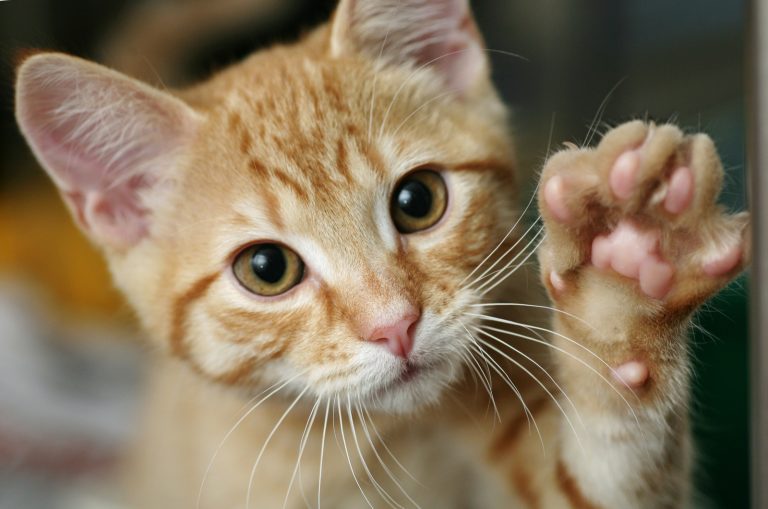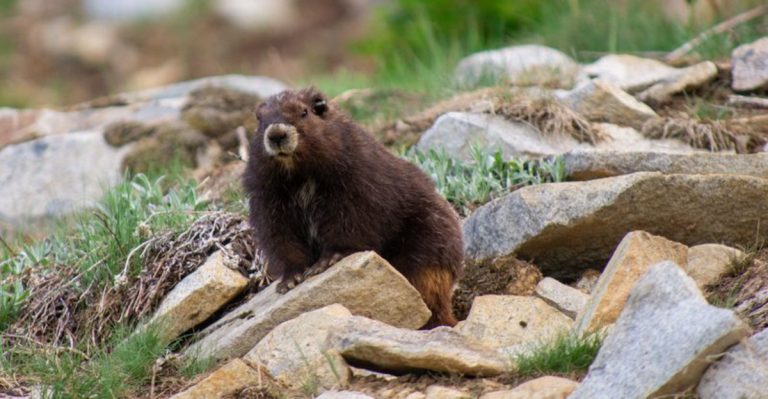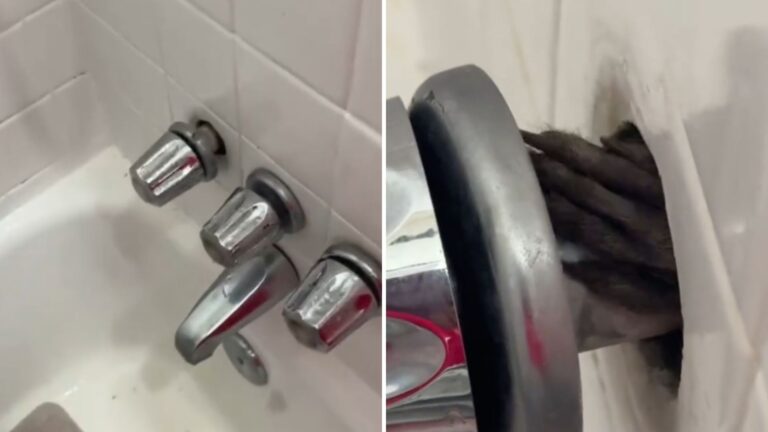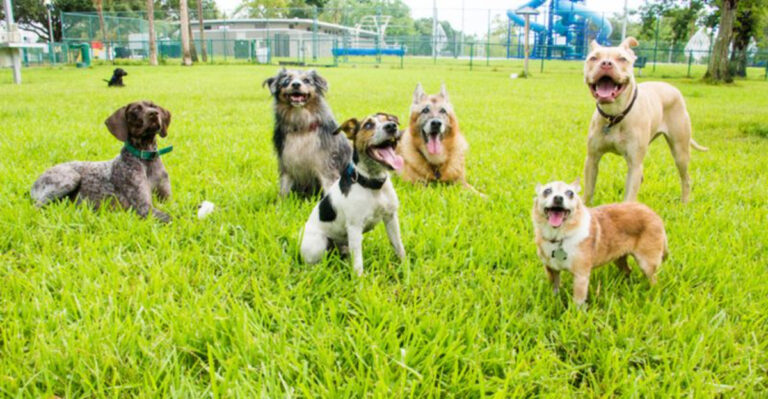U.S. Government Shutdown Leaves Animals Struggling Across America
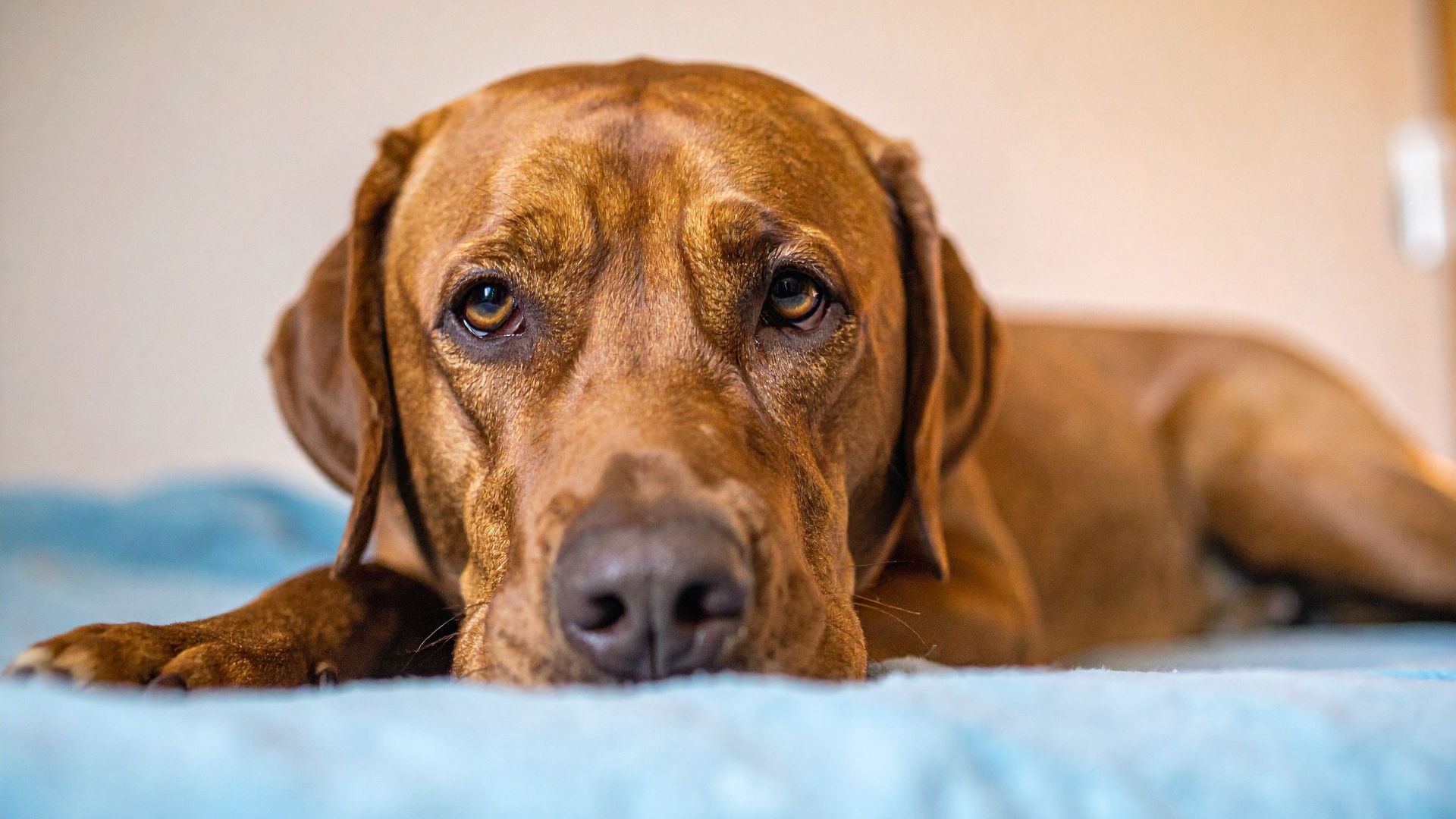
When most people hear “government shutdown,” they immediately think of closed offices, delayed paychecks, or paused services.
But few realize the real impact it has on our furry, feathered, and four-legged friends, animals that depend on federal oversight, programs, and resources for their safety and well-being.
Across the United States, the ongoing shutdown is putting pets, farm animals, shelter residents, and even wildlife at risk. At first glance, it might seem distant or abstract, but the consequences are tangible and serious.
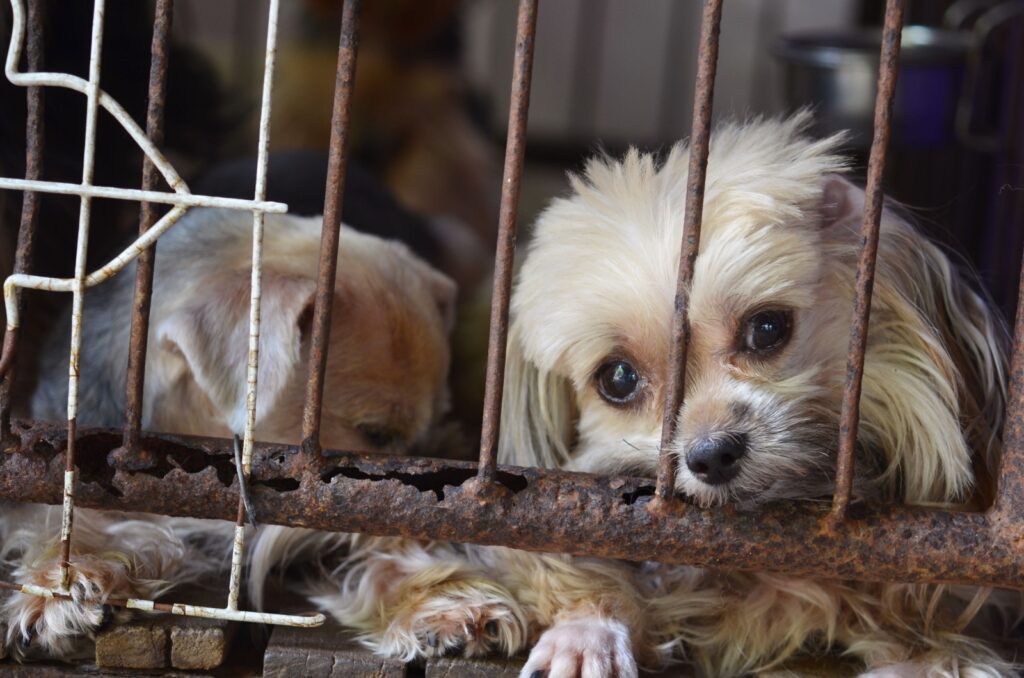
Imagine a puppy mill going months without routine inspections, a flock of chickens left sick and unchecked, or a rescue shelter struggling to pay for urgent veterinary care. For companion animals, the effects might be subtle, but they can be long-lasting.
Agencies that usually enforce animal welfare standards, making sure puppy mills, research labs, and even zoos maintain safe conditions, are running with skeleton crews.
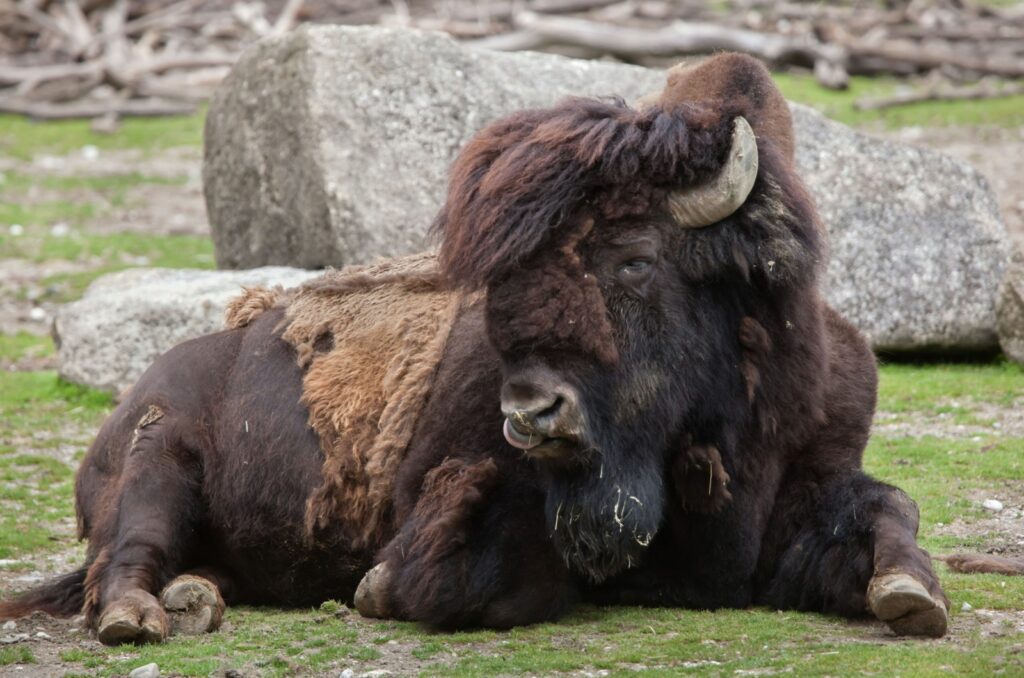
That means routine inspections are delayed, and animals in need could be living in substandard conditions far longer than they should.
Shelters, already stretched thin, feel the strain even more when federal support for programs aiding homeless pets slows or halts entirely.
Farm animals face added pressures. Farmers encounter delays in disaster aid, crop insurance, and livestock health services.
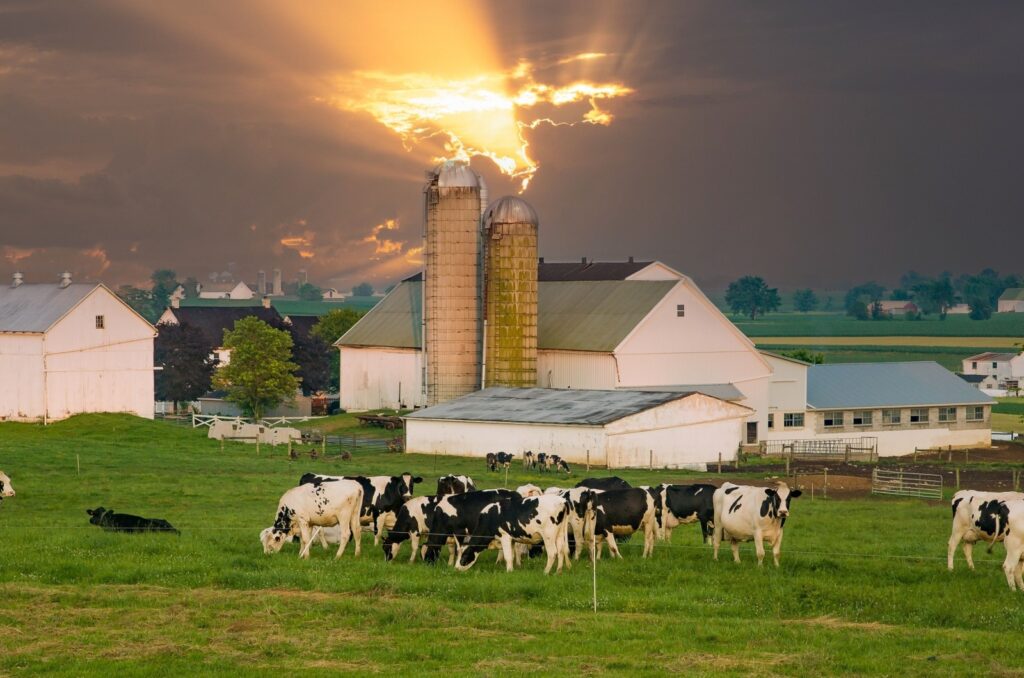
USDA inspectors and veterinarians, responsible for monitoring disease outbreaks, are working reduced hours or furloughed entirely.
This leaves animals more vulnerable to highly contagious diseases like avian flu and swine fever, with fewer professionals available to respond quickly.
Even lab animals, quietly caught in the shuffle, are affected. Federal funding cuts have limited research facilities’ ability to maintain essential care.
These animals, vital for studies that help prevent and treat human and animal diseases, now face slower health checks, delayed treatments, and fewer resources to ensure their welfare.
Scientists warn that while immediate danger may be minimal, prolonged funding gaps could compromise their care.
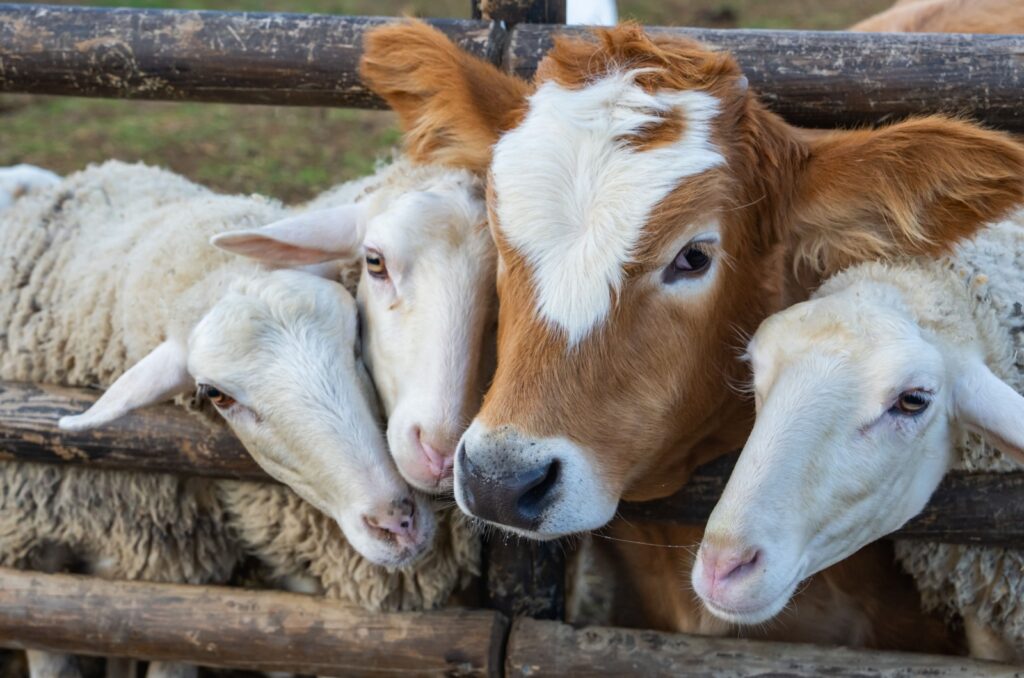
Wildlife conservation programs are also suffering. Anti-trafficking efforts, endangered species protection, and habitat monitoring rely heavily on federal support.
When funding stops, critical programs slow down, leaving vulnerable populations exposed to threats. Even the rescue of orphaned or injured wildlife can be delayed, sometimes with life-or-death consequences.
Despite these challenges, volunteers and local organizations are stepping up. Animal shelters, rescue groups, and private citizens are filling the gaps, feeding, fostering, and providing emergency care for animals who might otherwise fall through the cracks.
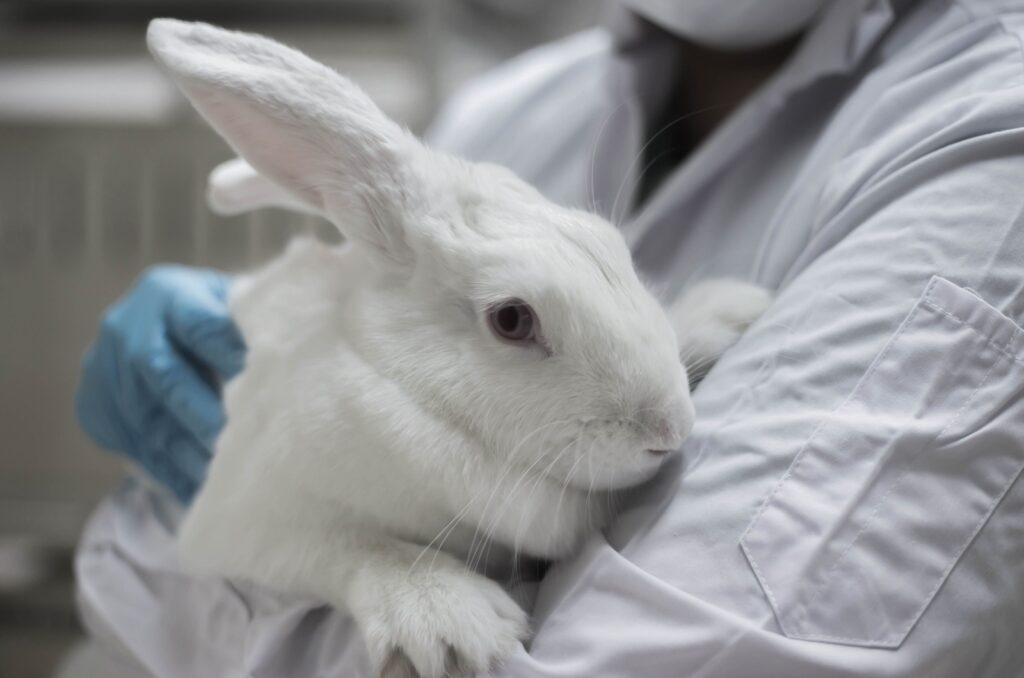
Temporary foster homes are more important than ever, offering comfort and stability while federal resources remain limited.
Every volunteer hour and donation can make a tangible difference in helping animals weather uncertain times.
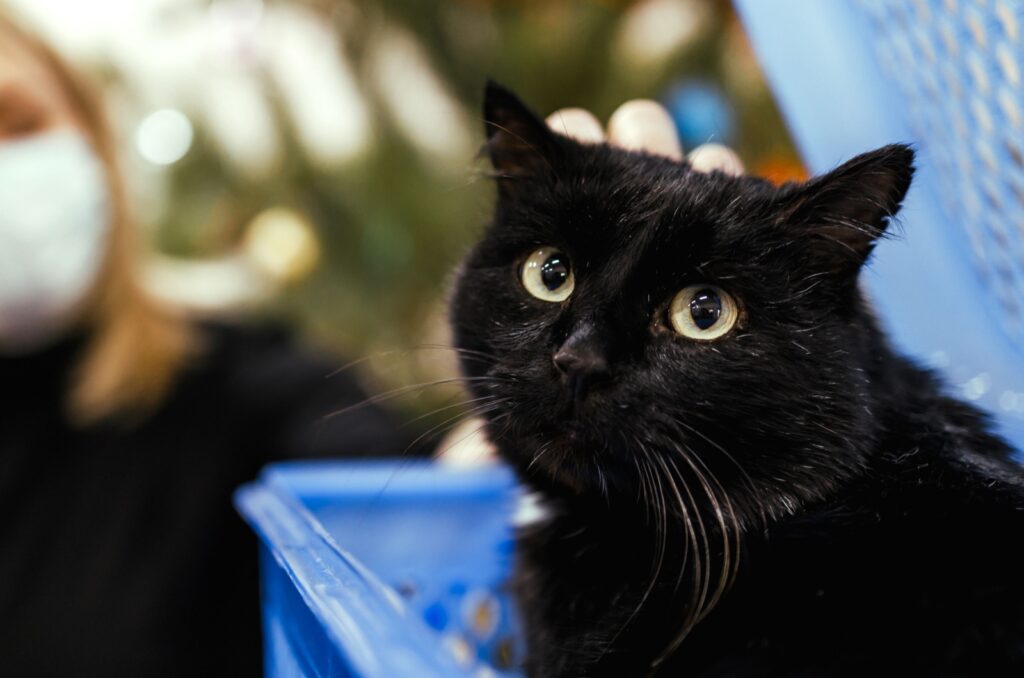
The shutdown serves as a stark reminder that policies far removed from our daily lives can deeply affect the voiceless.
While federal agencies strive to maintain essential operations, the reality is clear: pets, farm animals, shelter residents, and wildlife rely on people to step in.
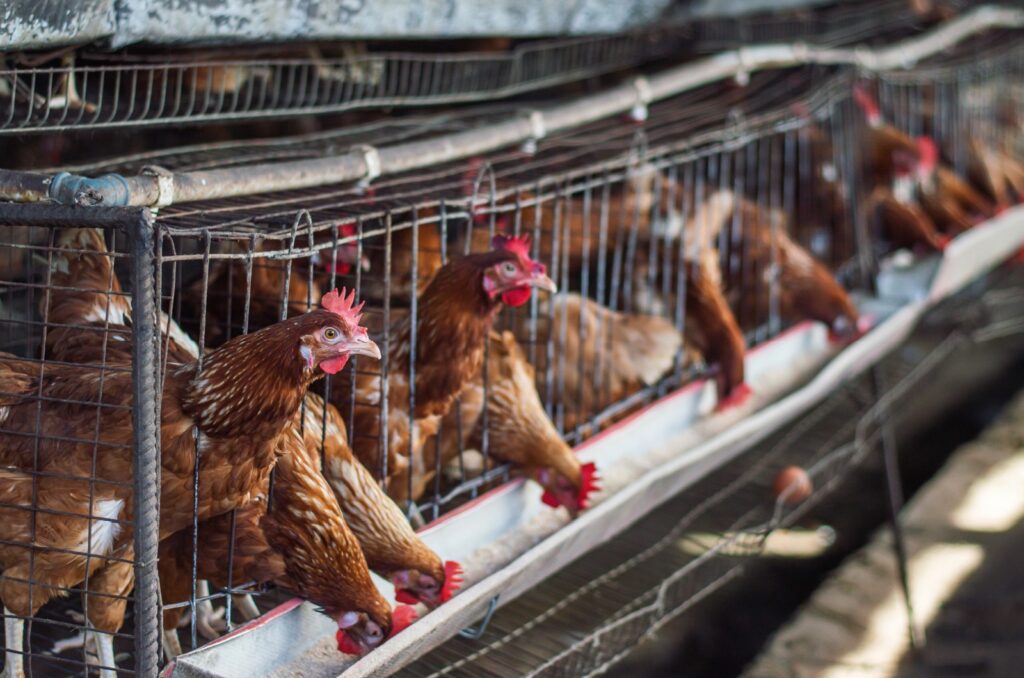
Communities can make a meaningful impact. Whether it’s adopting, fostering, volunteering, or donating, everyone can help ensure these animals remain safe, healthy, and loved, no matter what’s happening in Washington.


